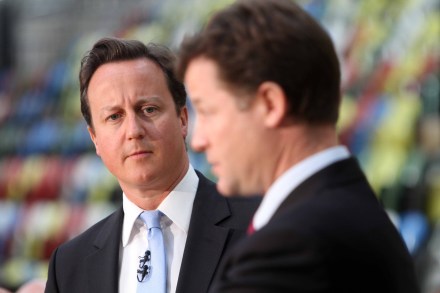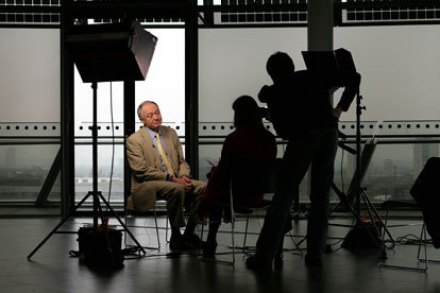Mehdi Hasan: a beacon for Islam
The idiotic Mehdi Hasan has just written a lengthy piece in The Guardian demanding that all Londoners vote for Ken Livingstone in the forthcoming mayoral election. After dismissing Livingstone’s tax avoidance in a few words (yeah, he probably shudda paid more tax), Hasan posits that people have to vote for Ken because if they’re not doing so they’re effectively voting for Boris. He dredges up once more Boris’s remarks about African ‘picaninnies’ with ‘water-melon smiles’, as if this contravention was in some way enough, by itself, to stop anyone voting for the current mayor. Well, yet again, for the record, let me be absolutely clear about what Boris meant when















